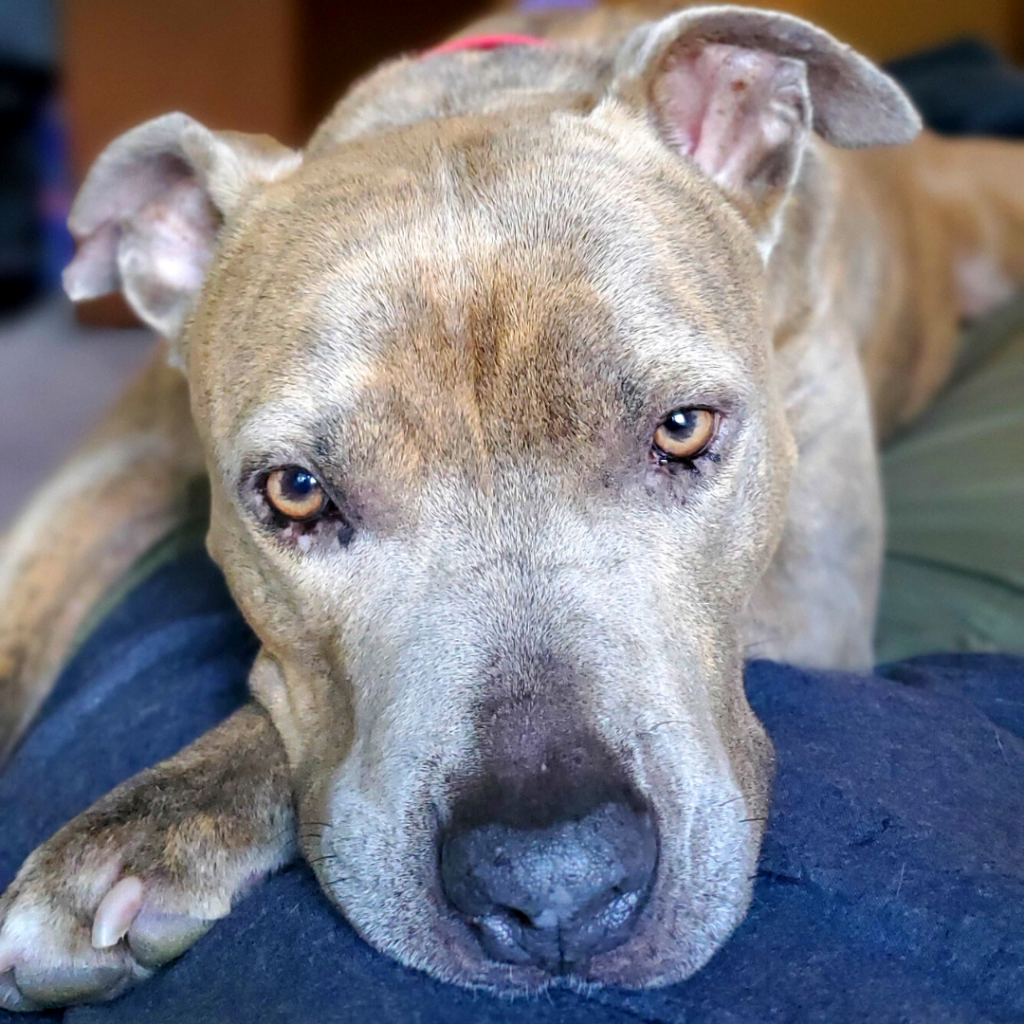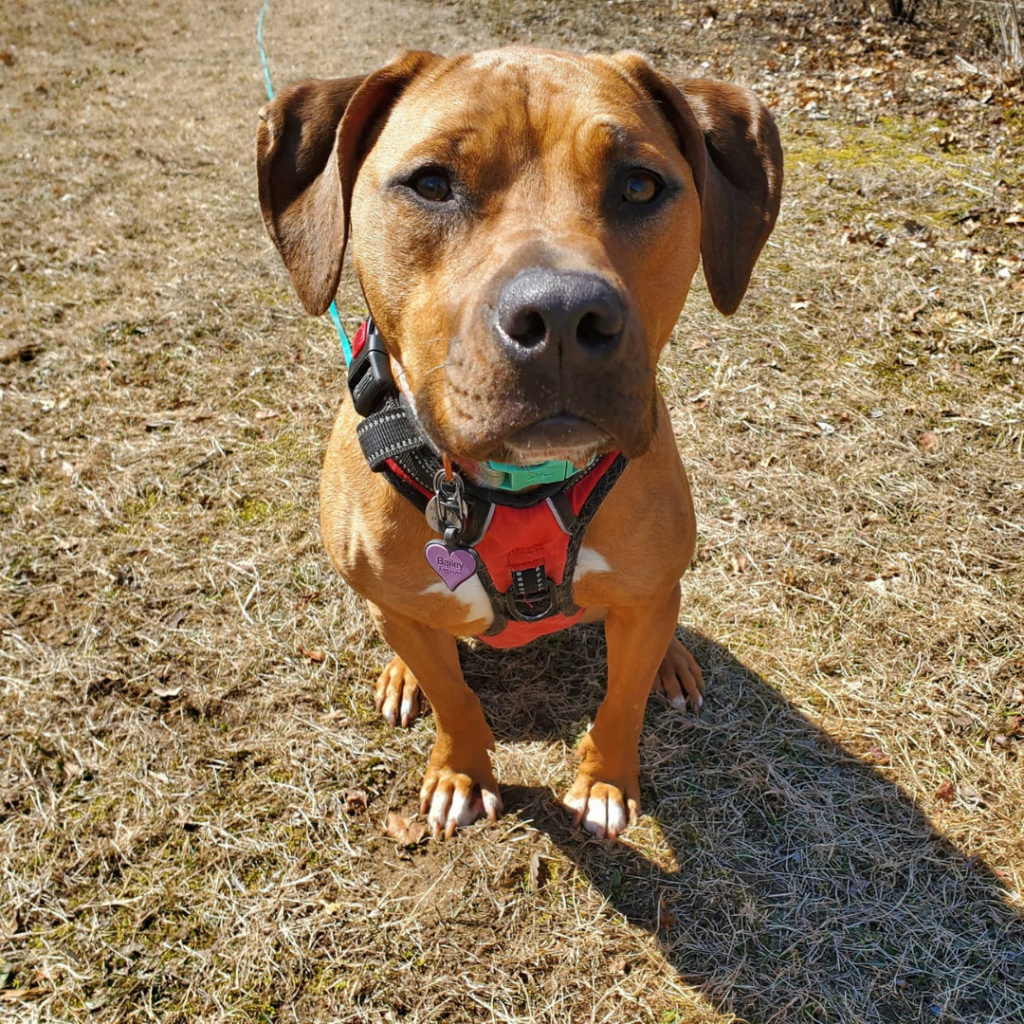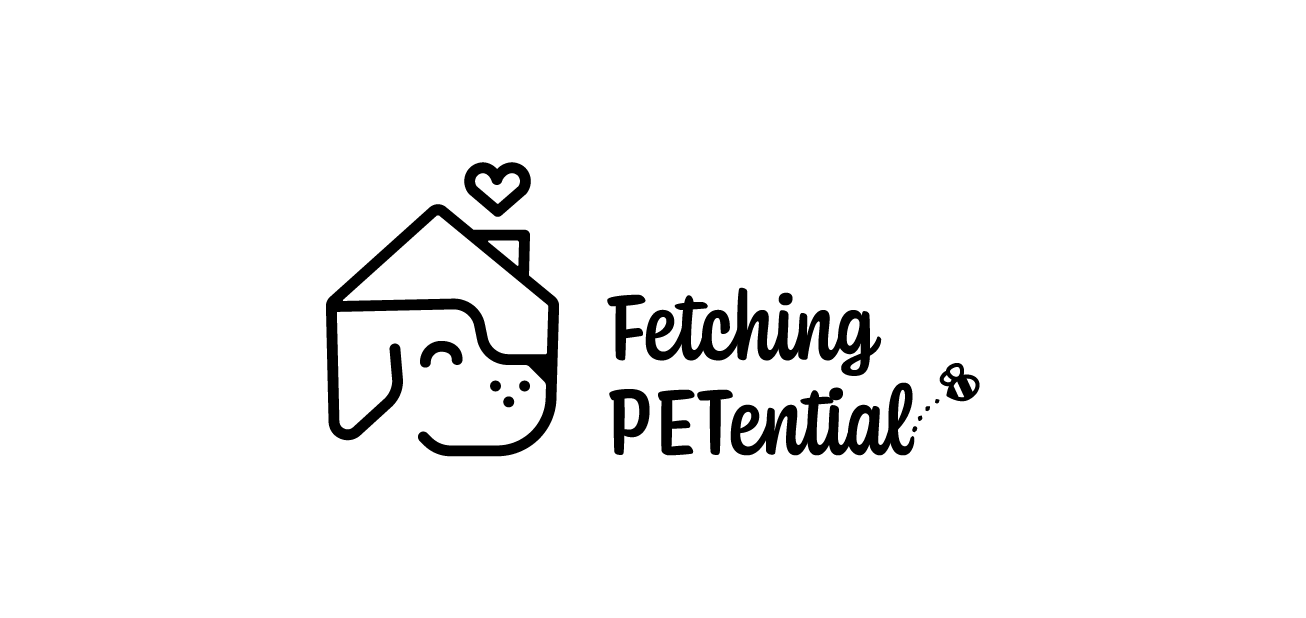I love my dogs. I wouldn’t change them for the world. But there are days when I wish things would be easier with them.
For a little background, I adopted Adam as a single woman who just graduated college. I knew I wanted a dog as soon as I started my “big kid” job and fell in love with that goofy blocky headed brindle dog I saw on the internet. He came to me at around 4 or 5 years old, reactive to other dogs, but adoring all humans.
My husband and I adopted Bailey soon after we got married. We of course let Adam choose his sister because it wouldn’t have worked otherwise. They got along great at the meet and greet, and her 6-month-old wrinkly face completely captured my husband and my hearts. She came to us with an intense fear of people and a lack of confidence, but loved other dogs.

It wasn’t until about 3 months in that we had our first conflict. They both decided to dive for a piece of food on the ground and a very noisy, scary fight ensued. That was one of 4 fights they had within 8 months. It was a time of deep management, relationship building, tears, and training. We hired a local dog trainer to help us with their issues which was the best thing we could have done at the time.
They went two and a half years without a conflict due to strict management around food before having another one while we were out of town. They had one more a few months later when I wasn’t paying adequate attention.
Resource guarding is a very natural behavior – even in us humans. We lock our cars, lock our homes, password protect our phones. We don’t want to share a tasty dessert or a new gadget we just bought. But, resource guarding can turn catastrophic in dogs who both highly value the same resource.
My dogs both highly value food and won’t defer to the other in times when it is available. Other resources, like attention, a certain spot on the couch, toys, or bones, are less valuable to them. Bailey prefers one blanket on the couch and Adam will let her have it. Bailey will let Adam drink out of the water bowl first.

We don’t run into problems when two dogs have different values for the same resource, we run into problems when those values are the same.
There are some training games and behaviors that can be taught to dogs to help with their guarding tendencies, however, resource guarding is one of those behaviors that will never truly go away. Management and creating rules around the things your dog guards is going to be the most effective way to prevent conflicts from happening in your home.
Since my dogs guard food, our management protocol looks like this:
1. All meals fed separately
2. Dogs are not allowed in the kitchen when food is being prepared
3. Dogs must be on their mats when the family is eating dinner
4. All containers holding food are not on the floor
5. No food is scattered in the backyard
6. Floors are vacuumed or swept after messy meals
While management is great and necessary to the wellbeing of a dog who resource guards, management will fail at some point. Its then that training needs to come in. Working on things like impulse control and taking turns were two things that we focused on in the early months.
If you have kids, please do not wait to reach out to a professional if your dog has this behavioral issue. Kids and dogs already have a difficult path to navigate with their relationship and adding in a potentially dangerous behavior calls for qualified help.
Having two dogs is a joy, but it is hard work. Two different personalities, needs, and wants balanced within a home is no easy task for dog owners! Many times, things between two resident dogs go without any problems. But for those special cases where personality differences or desires clash, more work is needed.
I love my dogs. They are funny, cuddly, and make my life that much better. But somedays, I wish things were easier.

Recent Comments